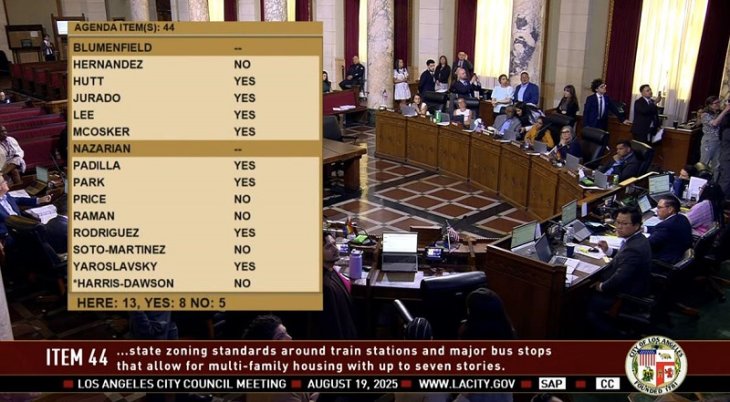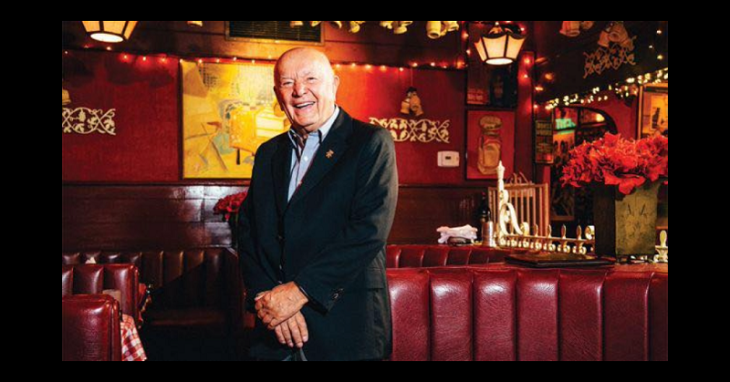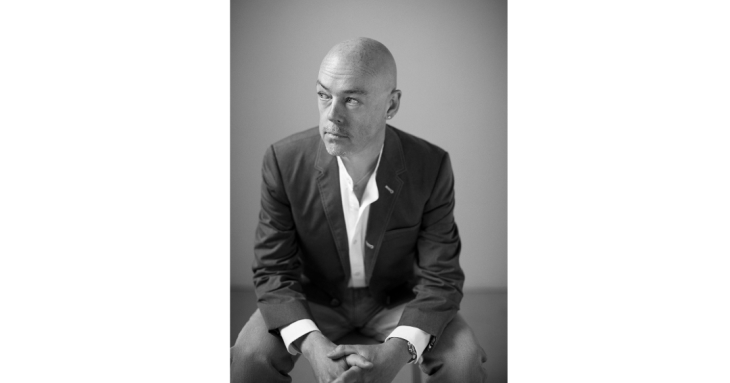Olympic Champion Defends Trans Athletes After Gaines Mocks Teen Player
Olympic gold medalist Simone Biles is pushing back against anti-trans rhetoric, calling out former swimmer-turned-conservative Riley Gaines for her ongoing attacks on transgender athletes.
Biles is considered one of the greatest Olympic athletes, and with 11 Olympic medals and 30 World Championship medals, she is the most decorated gymnast in history.
The exchange unfolded Friday night on Twitter, after Gaines posted a photo of a Minnesota girls’ high school baseball team that reportedly includes a transgender player. In the post, Gaines appeared to mock the student by referring to her as a boy. Biles responded sharply, labeling Gaines “sick” and a “sore loser.”
Biles, widely considered the most decorated gymnast of all time, has increasingly used her platform to advocate for equity in sports and mental health. Her public defense of trans athletes comes at a time when trans youth, especially trans girls and women in sports, are facing escalating legal and social threats nationwide.
Gaines, 25, first gained media attention in 2022 after tying for fifth place with University of Pennsylvania swimmer Lia Thomas, a transgender woman, at the NCAA championships. Since then, she has frequently used her platform to demean trans athletes. She used a particularly disturbing tweet to remind Biles of the sexual assault she had survived during her early career and tried to use it as an argument.
Her latest comments came just days after the Trump administration threatened California with legal action and financial penalties over its trans-inclusive policies in high school sports. The warning followed the victory of 16-year-old transgender athlete AB Hernandez, who won both the high jump and triple jump at a state championship meet.
The backlash against Hernandez, along with Gaines’ continued attacks, highlights the increasing political weaponization of transgender identities, particularly trans youth, by conservative figures and institutions. LGBTQ advocacy groups have warned that such rhetoric fuels misinformation, emboldens harassment, and puts vulnerable students at greater risk.























